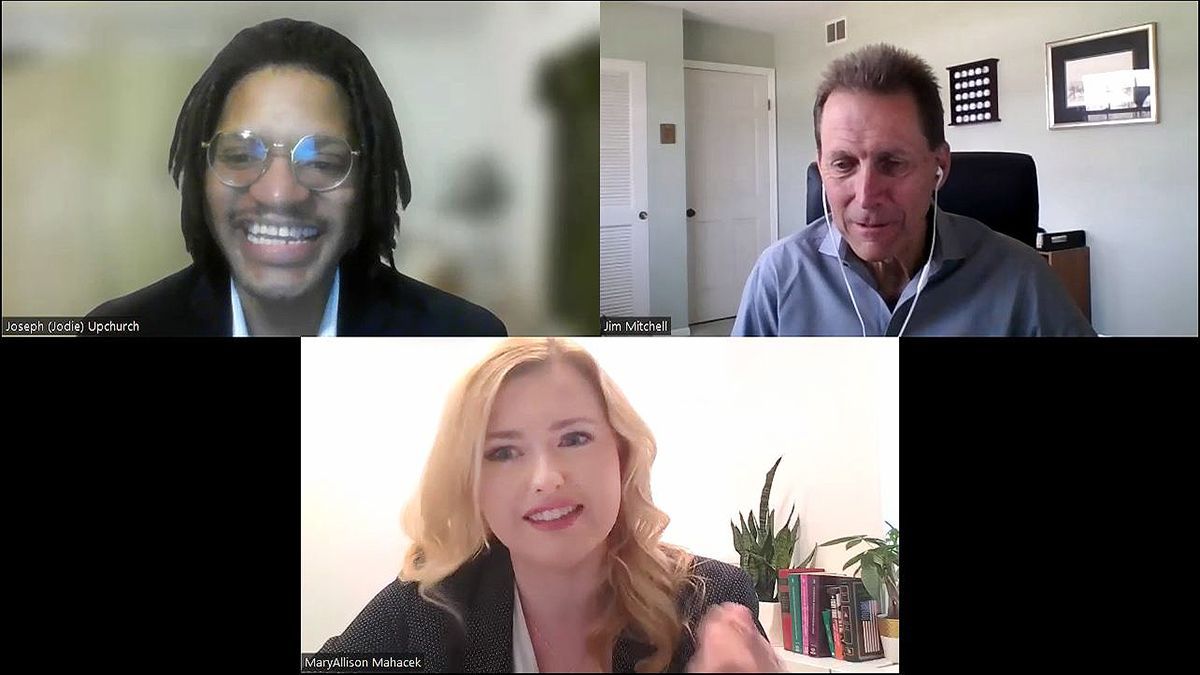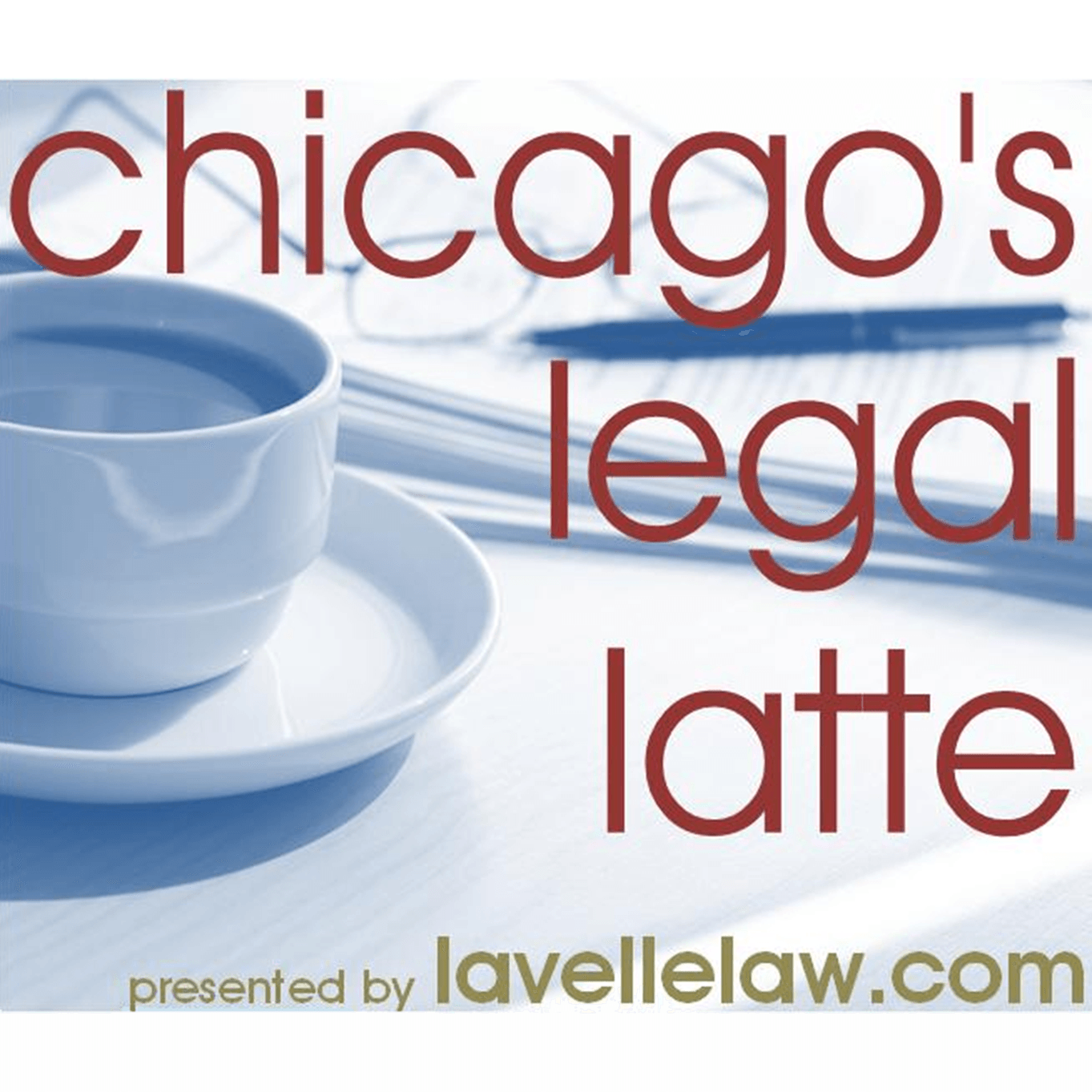Tim’s Tax News on the Tenth – May 2023
The IRS 2023 Dirty Dozen

Every year the IRS announces what it sees as the most prevalent actions taken against the public in relation to the tax system which they call their Dirty Dozen. The IRS is the first to acknowledge that illegal conduct is not limited to the 12 types they identify each year. So without further ado here are the 2023.
1. Employee Retention Credits following blatant attempts by promoters to con ineligible people to claim the credit. Renewing several earlier alerts, the IRS highlighted schemes from promoters who have been blasting ads on radio and the internet touting refunds involving Employee Retention Credits, also known as ERCs. These promotions can be based on inaccurate information related to eligibility for and computation of the credit.
2. Warning about phishing and smishing schemes where cybercriminals try to steal a taxpayer's information through scam emails or text messages. Email and text scams are relentless, and scammers frequently use tax season as a way of tricking people. With people anxious to receive the latest information about a refund or other tax issue, scammers will regularly pose as the IRS, a state tax agency, or others in the tax industry in emails and texts.
3. Scammers who try to sell or offer help setting up an Online Account on IRS.gov that puts their tax and financial information at risk of identity theft. The IRS Online Account provides valuable tax information for people.
4. Watch out for promoters pushing improper fuel tax credit claims that taxpayers aren't qualified to receive.
5. Be on alert for scammers using fake charities to dupe taxpayers, especially following major disasters. Whether an earthquake or wildfires, good-natured taxpayers rally to help victims after an emergency or disaster by donating money. Unfortunately, scammers often try to prey on well-intentioned donors by posing as fake charities, hoping to steal money, but also personal and financial data that can be used in tax-related identity theft.
6. Avoid unscrupulous tax return preparers and provided important tips to find the right tax professional. People should be careful of shady tax professionals and watch for common warning signs, including charging a fee based on the size of the refund. Some "ghost" tax preparers refuse to sign the tax return or ask people to sign a blank return. These are all common warning signs, and people should always rely on a trusted tax professional, and the IRS offers a variety of resources to help.
7. Warning about trusting tax advice on social media that can lure otherwise honest taxpayers and tax professionals into compromising tax situations. Social media can circulate inaccurate or misleading tax information, and the IRS has recently seen several examples. These can involve common tax documents like Form W-2 or more obscure ones, like Form 8944 that's aimed at a very limited, specialized group. Both schemes encourage people to submit false, inaccurate information in hopes of getting a refund.
8. Warned tax professionals and businesses that they remain a top target for identity thieves and face threats from common scams. Through these spearphishing emails, scammers try to steal client data, tax software preparation credentials, and tax preparer identities with the goal of getting fraudulent tax refunds. These requests can range from an email that looks like it's from a potential new client to a request targeting payroll and human resource departments asking for sensitive Form W-2 information.
9. Warning about so-called Offer in Compromise "mills" that often mislead taxpayers into believing they can settle a tax debt for pennies on the dollar. The IRS continues to see instances of heavily advertised promises offering to settle taxpayer debt at steep discounts. The IRS sees many situations where taxpayers do not meet the technical requirements for an offer, but they had to face excessive fees from promoters for information they can easily obtain themselves.
10. Cautions taxpayers to resist questionable tax practitioners and independent promoters selling schemes aimed at wealthy taxpayers. These potentially abusive arrangements involve things like Charitable Remainder Annuity Trusts and monetized installment sales. These tools can be misused by promoters, who can advertise these schemes to attract clients. The promoters misapply the rules and leave the filers vulnerable."
11. Warning for taxpayers to beware of promoters peddling bogus tax schemes aimed at reducing taxes or avoiding them altogether. These schemes can take many shapes, ranging from abusive deals involving syndicated conservation easements and micro-captive insurance arrangements. They can also involve an international component, such as hiding cash and digital assets offshore or using Maltese foreign individual retirement accounts or foreign captive insurance.
12. Reminder for taxpayers, businesses, and tax professionals to watch out for these schemes throughout the year, not just during tax season. Many of these schemes peak during filing season as people prepare their tax returns. In reality, these scams can occur throughout the year as fraudsters look for ways to steal money, personal information, data, and more.
If you would like more details, please do not hesitate to call our office. Our office has been successful in helping taxpayers with IRS and IDOR collection problems for over 30 years. If you have a tax or debt problem, please contact me at 847-705-9698 or thughes@lavellelaw.com and find out how we can help you.
Are you receiving the Lavelle Law eNewsletter? Sign up today and receive valuable updates and perspectives on a wide range of legal issues: http://bit.ly/3bu7KXj
More News & Resources
Lavelle Law News and Events








STAY UP TO DATE
Subscribe to our newsletter
Lavelle Law, Ltd. | All Rights Reserved |
Created by Olive + Ash.
Managed by Olive Street Design.




